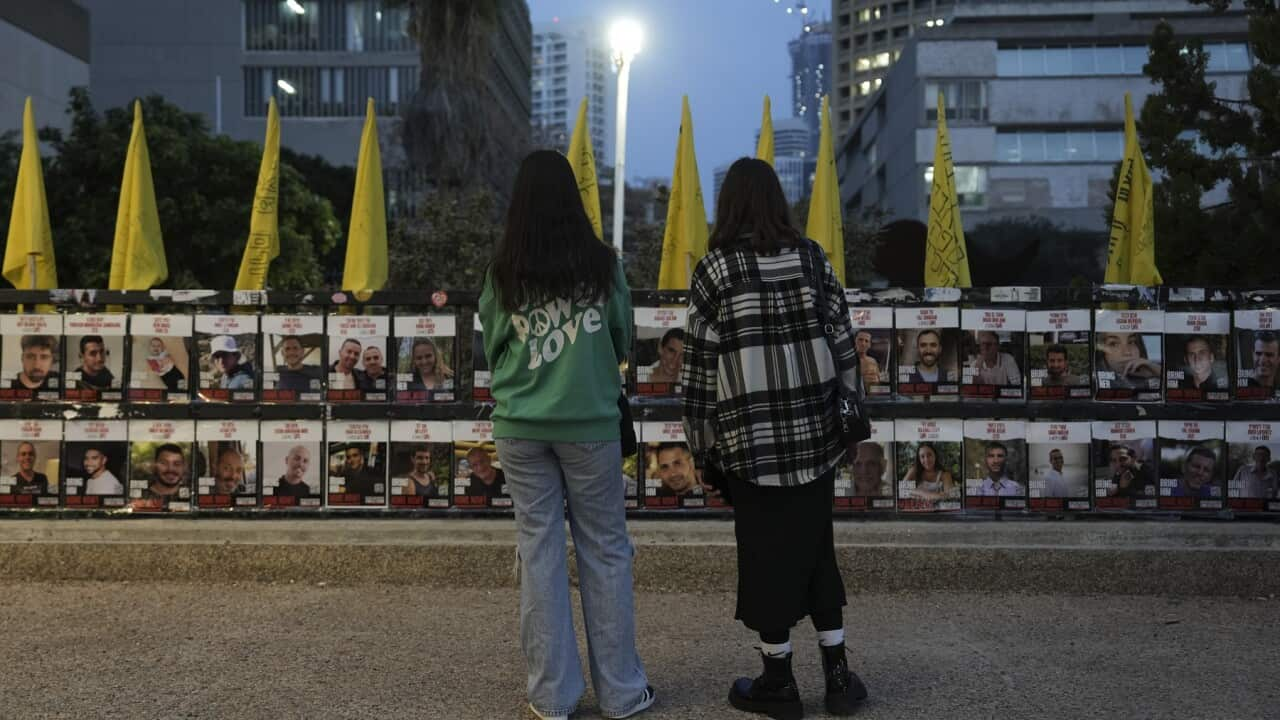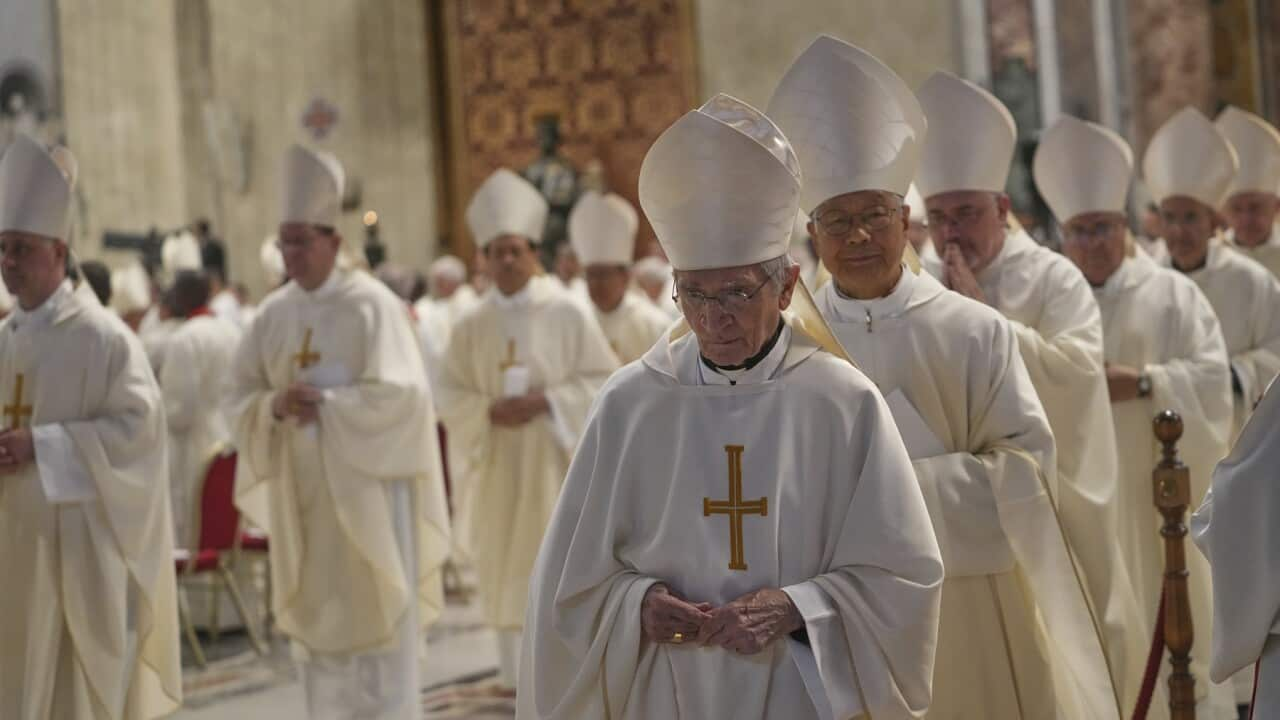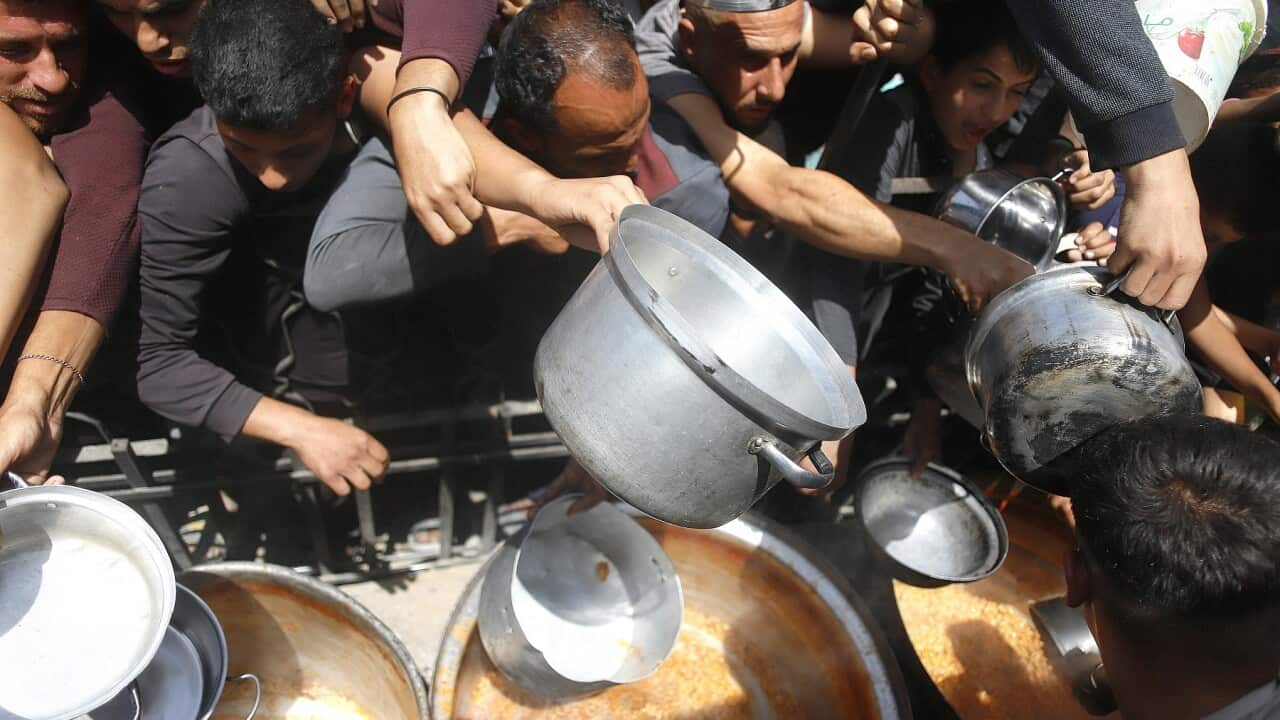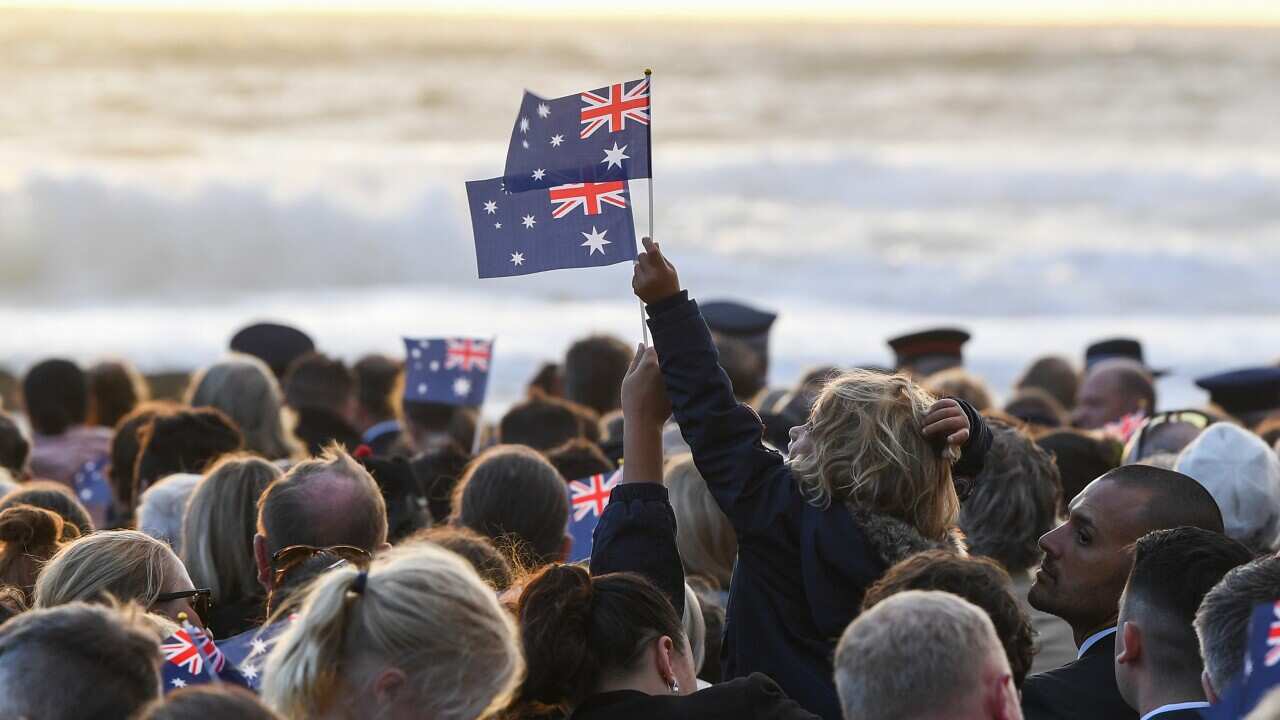TRANSCRIPT
After 15 long months of war, death and the deprivation of both food and medicine in Gaza, a breakthrough in ceasefire negotiations has come at last.
With the first phase of a ceasefire deal between Israel and Hamas set to come into effect on Sunday [[19th Jan]], Gaza residents like Jomaa Abed Al-Aal are praying they can begin to heal and rebuild.
IN-LANGUAGE (Arabic) TRANSLATED: "About the truce - we ask God for the truce to be implemented because the people are really tired of a life of death, a life of killing, and a life of destruction. Life has become an unbearable hell in regards to the children, the psychological situation, the social situation, and the economic situation - on multiple dimensions. We are honestly suffering physically, completely suffering."
The Palestinian Civil Defence reports at least 116 people have been killed in Israeli attacks since the announcement of the ceasefire agreement.
In Israel, after a cabinet meeting lasting more than six hours, the government has now ratified the deal, paving the way for an initial six-week pause in hostilities, with the first wave of hostage-for-prisoner exchanges on Sunday [[19th Jan]].
24 Israeli ministers voted in favour of the ceasefire with eight ministers voting against it.
Michel Illouz, father of the Israeli hostage Guy Illouz, who died in captivity, says he's overjoyed for the families of the surviving hostages, and thankful that he can finally bury his son.
"I welcome this deal with a joy in my heart for every hostage saved. I want to thank President Trump, President Biden, and both administration for making this finally happen. This deal comes too late for my son Guy whose life will not be saved, but he can be brought back home to burial here. Our work is not done. We will not rest until every hostage is home, the living and the dead. They all need to return to us, to their family. Thank you very much all."
More than 46,800 Palestinians* have been killed in the Israeli assault on Gaza which followed the October 7 2023 Hamas attack on southern Israel, where about 1200 people were killed and a further 250 taken hostage by militants*.
And now, the first phase of the ceasefire deal will see 33 of these hostages released- prioritising women, children and elderly people, in exchange for the release of all Palestinian women and children detained since the October 7. 2023 attacks.
The agreement also states that Israel's military will partially withdraw from the region, moving out of the populated areas to the edges of the Gaza Strip, and also calls for a surge in humanitarian aid into Gaza.
Dr Eyal Mayroz [[Ey-al Mah-roz]], a senior lecturer in peace and conflict studies at the University of Sydney, says there is hope that international efforts will prevent Israel or Hamas from blocking the agreement entering its second phase.
"There are a lot of concerns about whether Netanyahu will hold on to the second stage, given that this will mean Israel fully pulling out of Gaza, which has been against everything that he's promised is until now. But on the other hand, there is a very, very strong international coalition if you like that are quite committed."
Sixteen days into the first phase of the deal, negotiations are expected to begin over a second phase, covering the release of the remaining captives, a permanent ceasefire, and the complete withdrawal of Israeli soldiers.
Qatar’s Prime Minister Mohammed bin Abdulrahman Al Thani has told Al Jazeera that there will be close monitoring of any violations to the agreement.
"What we did in this agreement is we laid down a mechanism for addressing any violation to the deal early. As announced at the press conference, there will be a joint operations room based in Cairo to monitor the implementation and ensure no issue would exacerbate and lead to the collapse of the agreement. Another part was to ensure further agreement on other phases of the deal as well as continuity of measures adopted in phase one until the second phase is sealed. Assurances for such continuity were provided by the guarantor states. Meanwhile, we are expecting the U-N Security Council to hand down its binding resolution in this respect."
Meanwhile, hundreds of trucks are lined up on Egypt's border to Gaza, carrying vital humanitarian aid for the two million Palestinians who have been deprived of food and medicine over the course of the war.
The United Nations Relief Works Agency [[UNRWA]] says it's ready to distribute aid to Gaza but faces a potential obstacle in that the Israelis have banned them from operating within the occupied Palestinian territories.
UNRWA's Commissioner General, Philippe Lazzarini, says the agency rejects claims from Israel that the job can be done by another entity.
"The government of Israel claims that service can be transferred to other entities. In fact, the agency's mandate and capacity to provide the public like services to an entire population are unique UNRWA's ability to directly provide education and primary health care far exceed that of any other entity. These services, in reality, can only be transferred to a functioning state."
[[*Palestinian death toll from the Gaza Health Ministry and the Israeli death toll / hostage tally from the Israeli government]]













